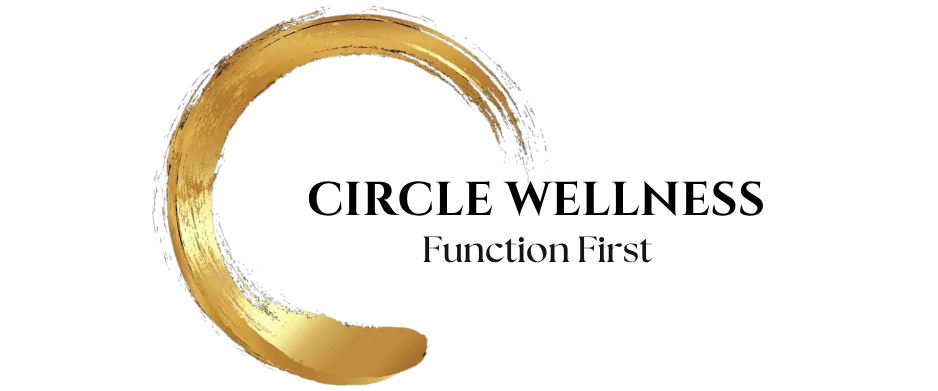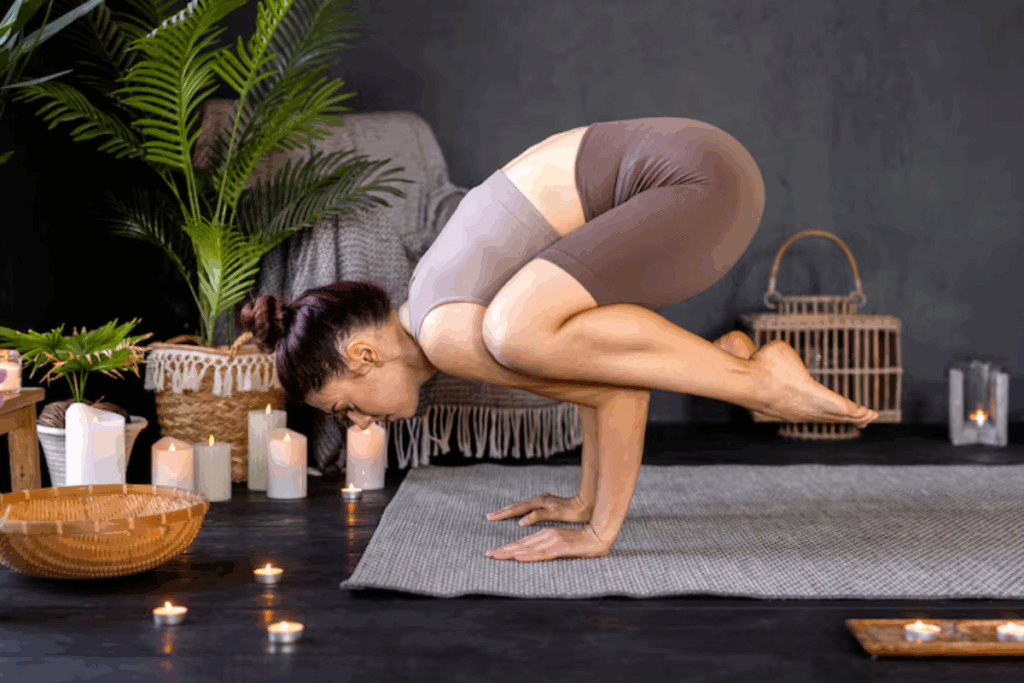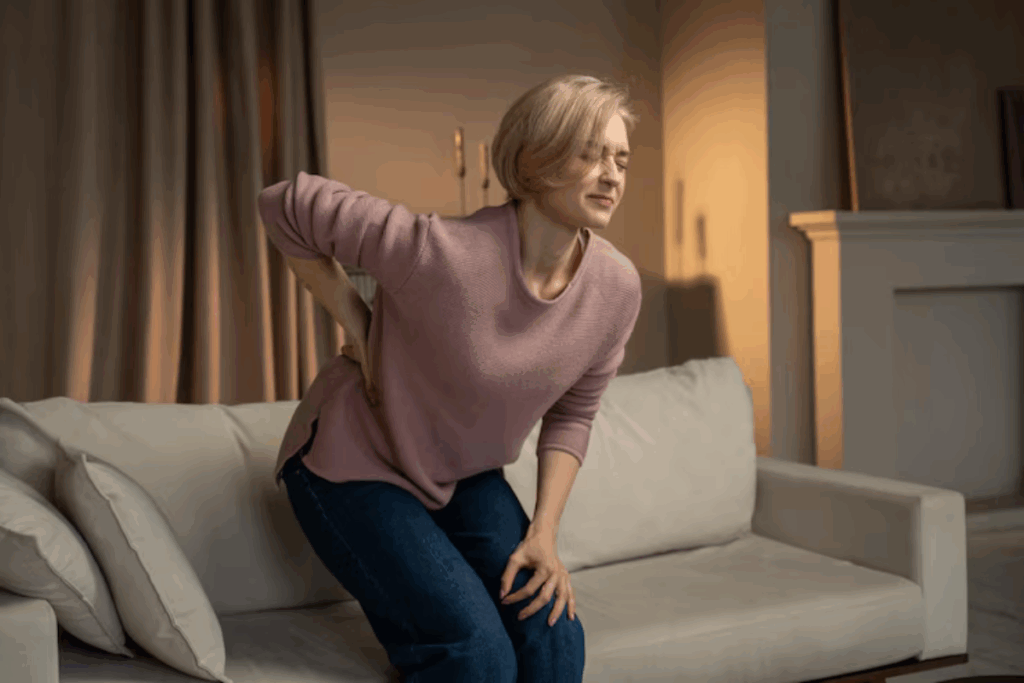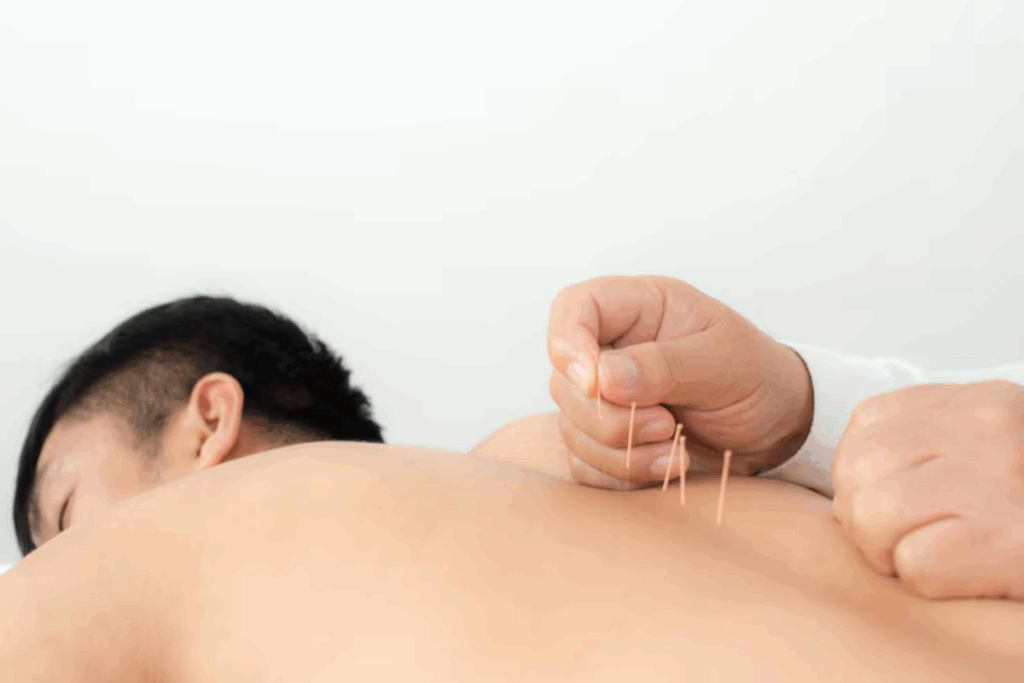Head Pain Doesn’t Have to Take Over Your Life
Migraines, tension headaches, or throbbing behind the eyes—head pain can interrupt everything.
It makes concentration harder, sleep lighter, and daily tasks feel like uphill battles.
Medication can bring temporary relief, but many people are looking for more than short-term fixes.That’s where acupuncture comes in.
At Circle Wellness, we use acupuncture not just to soothe your symptoms, but to support your nervous system, reduce inflammation, and prevent future flare-ups.
This is relief that’s gentle, drug-free, and backed by science.
Why Acupuncture Works for Migraines and Head Pain
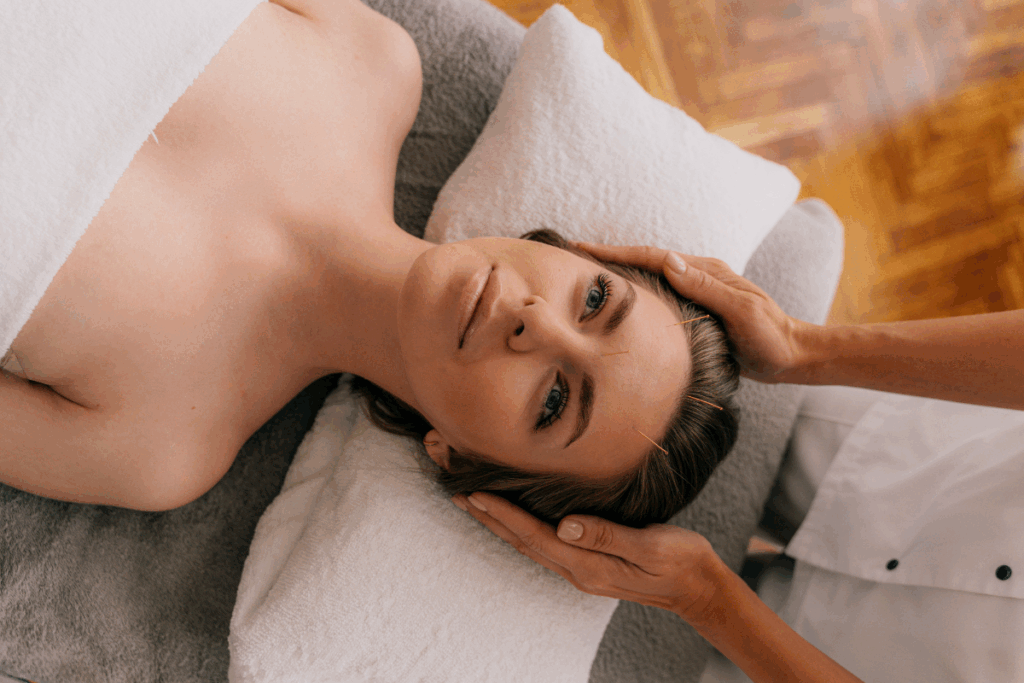
In Traditional Chinese Medicine (TCM), migraines are linked to imbalances in the body’s Qi (energy), particularly along the liver, gallbladder, and bladder meridians.
From a modern perspective, acupuncture helps by:
- Stimulating the nervous system to release natural painkillers like endorphins
- Increasing blood flow to the brain and head
- Reducing inflammation that contributes to head tension
- Lowering stress levels, a major trigger for migraines
- Regulating hormonal and vascular function, often linked to migraine patterns
Regular acupuncture helps reduce the frequency, severity, and duration of headaches—while improving sleep, digestion, and emotional resilience along the way.
Book your acupuncture session today that offers lasting relief from the inside out.
Best Acupuncture Points for Headache and Migraine Relief
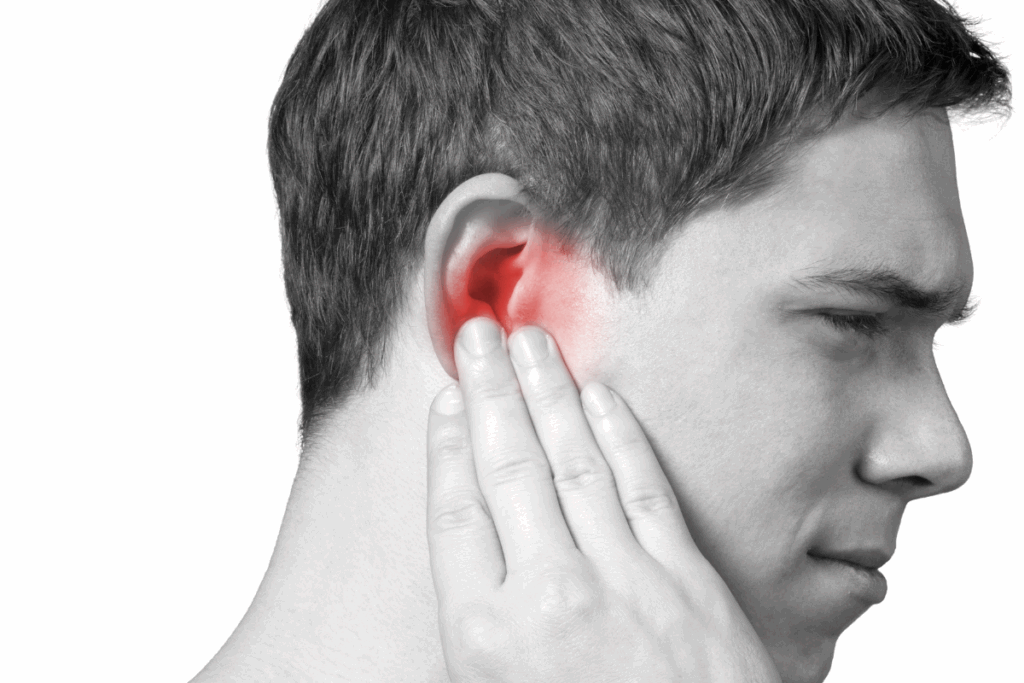
While your treatment will always be customized at Circle Wellness, here are some commonly used points for head and migraine pain:
1. LI-4 (Hegu)
Location: Between the thumb and index finger
Benefit: Relieves general headaches, neck tension, jaw tightness, and promotes overall circulation
2. GB-20 (Fengchi)
Location: At the base of the skull, in the hollows beside the spine
Benefit: Eases migraines, eye strain, dizziness, and tension headaches
3. Yin Tang (Third Eye Point)
Location: Between the eyebrows
Benefit: Soothes the nervous system, calms the mind, and reduces sinus pressure or forehead pain
4. Taiyang (Sun Point)
Location: In the temple region, just outside the eyebrow
Benefit: Targets temple pressure, eye fatigue, and one-sided migraines
5. ST-8 (Touwei)
Location: At the corner of the forehead, near the hairline
Benefit: Helpful for frontal headaches, hormonal migraines, and nausea-related symptoms
6. LV-3 (Taichong)
Location: Top of the foot, between the big toe and second toe
Benefit: Helps release tension, regulate liver Qi, and reduce migraines linked to hormonal or emotional imbalance
Additional Techniques That Enhance Relief
Acupuncture isn’t just about needles—it’s part of a holistic approach. At Circle Wellness, we often combine sessions with:
- Cupping therapy for neck and shoulder tension that contributes to head pain
- Gua sha for myofascial release, especially if migraines stem from tight upper back muscles
- Auricular acupuncture (ear points) for stress and pain regulation
- Breathwork and acupressure guidance to extend relief at home
Headache relief doesn’t have to be reactive—let’s treat the root, not just the symptoms.
What to Expect from Your Acupuncture Session
Your first visit will begin with a conversation:
We’ll talk about your headache patterns, triggers, stress levels, hormonal cycles, digestion, and lifestyle. This helps us create a session that supports you, not just your diagnosis.
During treatment:
- You’ll lie comfortably while ultra-fine needles are placed at selected points
- Most people feel deeply relaxed or fall asleep
- Sessions last 45–60 minutes, depending on your care plan
- Relief often begins within hours or a few sessions—and results build over time
We recommend starting with weekly treatments for the first 3–4 weeks, then tapering as your body stabilizes.
FAQs: Acupuncture for Head Pain and Migraines
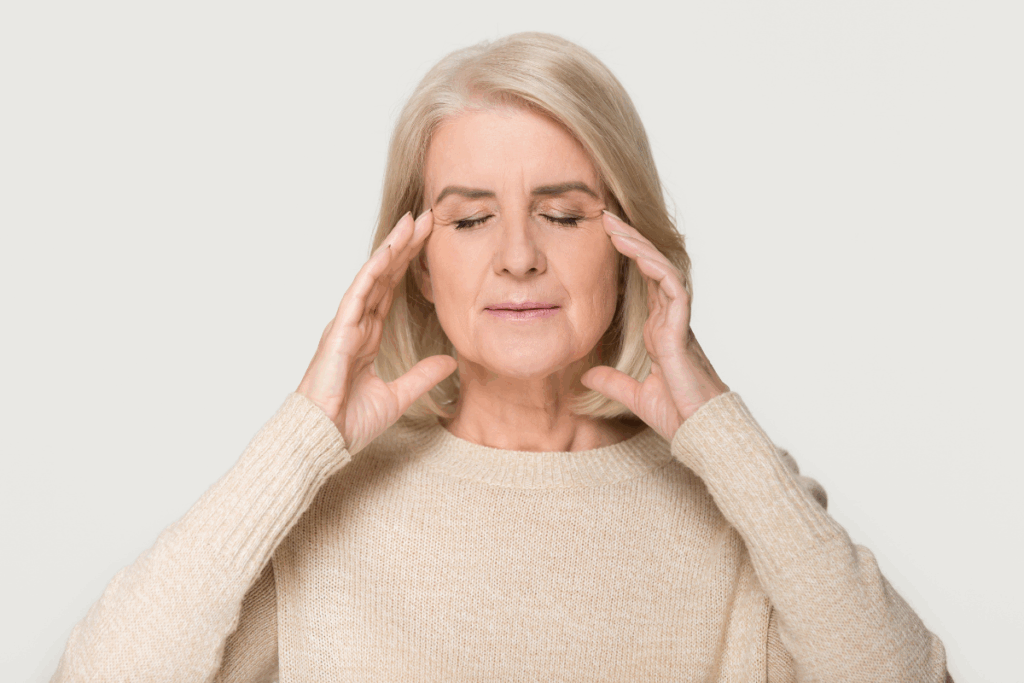
1. Is acupuncture safe for migraines?
Yes. It’s a non-invasive, drug-free treatment widely used to manage chronic and episodic migraines.
2. How many sessions will I need?
Most clients notice improvement after 2–4 sessions. Long-term patterns may require 6–10+ sessions for sustainable relief.
3. Can I use acupuncture along with medication?
Absolutely. Many clients use it to reduce medication frequency or dependence.
4. Does it help with tension headaches too?
Yes—especially when paired with cupping or gua sha for tight shoulders and jaw tension.
5. What if my migraines are hormonal?
Acupuncture is highly effective for hormonal migraines. We use specific points to regulate cycles and reduce hormonal swings.
6. Will it help if I’ve had migraines for years?
Yes. Chronic pain patterns can change with consistent, personalized treatment.
7. Are there any side effects?
Minor bruising or temporary fatigue are possible. Most people feel calm, clear, and lighter after treatment.
8. Is it okay to come in during a migraine?
Yes—gentle points can help shorten the episode. Many clients report quicker relief when treated during an active flare.
9. Do you treat other migraine triggers too?
Yes—we support clients with gut health, stress, posture, and sleep habits to address all migraine contributors.
You Deserve a Life Without Constant Head Pain
Whether your migraines come once a week or once a month, you shouldn’t have to rearrange your life around them.
Acupuncture helps your body shift from crisis mode into clarity.
It gives your nervous system the support it needs to reset—without the fog of side effects or the frustration of short-term fixes.
